
India has had a rich history of storytelling, especially oral traditions. Stories intertwined with personal narratives have been a medium to pass down cultural values and traditions to future generations. The greatest epics of the land—the Ramayana and Mahabharata—have been passed down for centuries with these picking up historical (most often, inaccurate) anecdotes along the way as they steered through time.
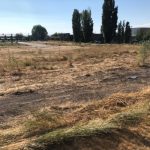
Just like people get fevers, global climate change is making the Earth unhealthy. Doctors can diagnose diseases using modern medical technology. Fortunately, climate scientists can do the same. By collecting climate data, analyzing them, and, scientists can get a sense of how sick the planet is and provide advice on actions we can take to protect it.
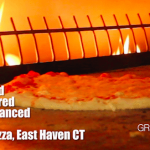
There are several local and nationwide programs attempting to revitalize these downtown areas. One of those programs is Greenworks Lending, a company that aims to rehabilitate businesses through clean energy solutions, where I’m working this summer.

When President Trump announced his intention to withdraw the U.S. from the Paris Agreement, action on climate change in the U.S. didn’t just come to a standstill. States have stepped up their game to combat climate change. As a policy intern at the nonprofit Center for Climate and Energy Solutions this summer, I have been fortunate to conduct research on the wide array of actions they are taking.
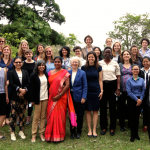
The United Nations emphasizes how fundamental gender equality and the role of women are for delivering on the promises of sustainability, peace and human progress.
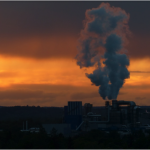
The history of environmentalism tells us naming and shaming alone is not the pathway toward constructive debates, let along meaningful outcomes. The pressure is on us to make a change, and we can’t afford to leave anyone behind.

I had no idea of how to build a website from scratch. Given my background in software engineering, my mentor at CCSR trusted that I would be up for the challenge. Still, I was intimidated and worried that it would not work out well, but I accepted the challenge.
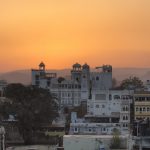
I’ve loved video games my entire life. Role-playing, survival, platform, strategy, sports—if it’s playable, I’m (virtually) there. Video games are often considered a distraction from the real world, but they may have more in common with life on this side of the screen than you think.
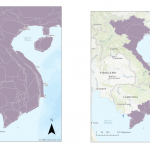
When it came to finding data for many of my projects, I was a spoiled. All I had to do is visit International Research Institute for Climate and Society (IRI) Data Library, select the product and region I was interested and hit download. But that all changed this summer during my internship at the IRI with Pietro Ceccato.

Climate change is a global problem, and yet its effects and people’s ability to adapt are inherently local. Given this mismatch in scales, how can continental-scale research take local perspectives and differences into account? Additionally, how can research at a continental scale provide useful information for local climate adaptation strategies?













